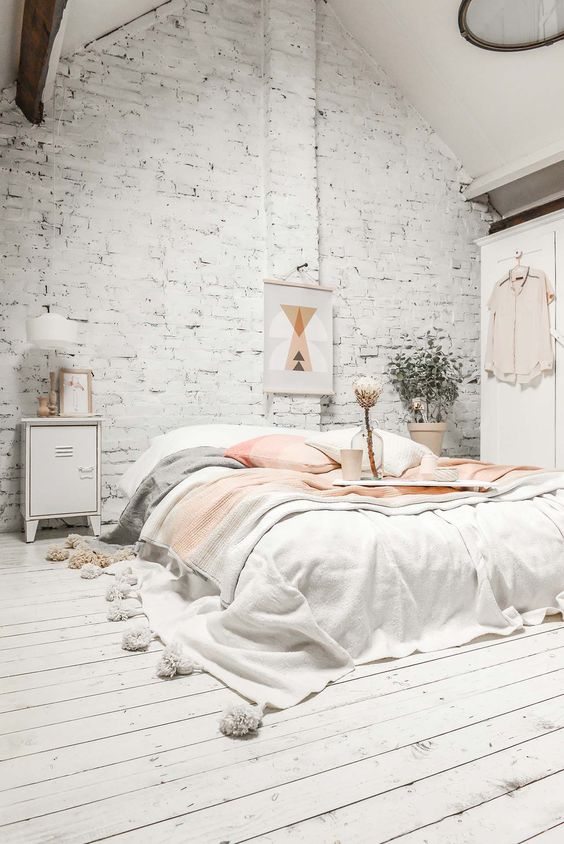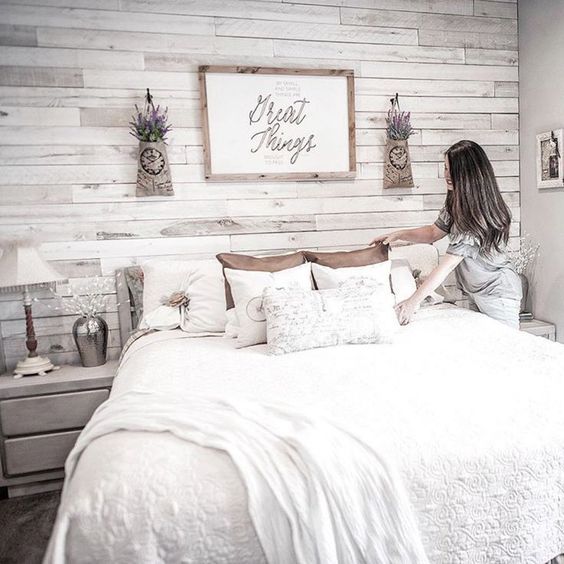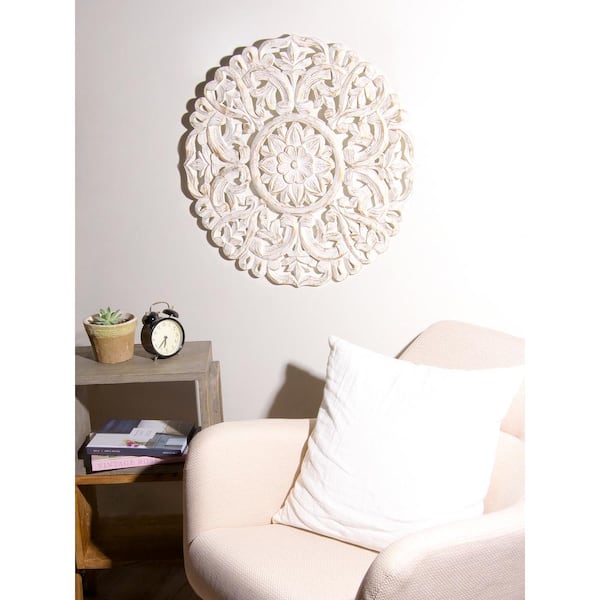When it comes to interior design, few styles can transform a space quite like whitewash wall decor. The soft, rustic look of whitewashed walls brings a sense of warmth and tranquility to any room, making it a popular choice among homeowners and decorators alike. In this article, we will explore everything you need to know about whitewash wall decor, including its history, benefits, various styles, and tips for achieving the perfect look. So, grab a cup of coffee, and let’s delve into the world of whitewash!
What is Whitewash Wall Decor?
Whitewash wall decor is a finishing technique that involves applying a mixture of water, lime, and white pigment to wood, brick, or other surfaces. This creates a translucent effect that showcases the texture of the underlying material while brightening the area. The result is a unique blend of rustic charm and modern elegance.
History of Whitewashing
Whitewashing has been used for centuries, tracing back to ancient civilizations. It was often used on homes to protect wooden surfaces while reflecting sunlight, thus keeping the interior cooler. The technique has evolved over time, but its charm remains timeless.
Benefits of Whitewash Wall Decor
Why should you consider whitewashing your walls? Here are some compelling reasons:
1. Brightens Up Spaces
Whitewashing reflects light, making even the smallest rooms feel larger and more open. This is particularly beneficial for spaces with limited natural light.

2. Enhances Texture
The translucent nature of whitewash allows the underlying texture of the material to shine through, adding depth and character to your walls.
3. Easy to Maintain
Unlike traditional paint, whitewashed surfaces tend to hide imperfections and dust better. Occasional cleaning is usually all that’s needed to keep them looking fresh.

4. Eco-Friendly Option
Whitewashing often uses natural materials, making it an environmentally friendly choice compared to chemical-laden paints.
Different Styles of Whitewash Wall Decor
Whitewashing isn’t just a one-size-fits-all solution. Different styles can suit various aesthetics. Below, we explore a few popular options:

1. Farmhouse Style
This popular aesthetic combines rustic elements with modern design. Whitewashed walls in a farmhouse style provide a cozy backdrop for vintage decor, barn doors, and wooden beams.
2. Coastal Charm
For those wanting a breezy, beachy feel, whitewash paired with soft blues and greens creates a calming retreat reminiscent of seaside homes.

3. Minimalist Design
Coupled with sleek furniture and neutral accents, whitewashed walls can enhance a minimalist decor style, offering a serene ambiance.
How to Whitewash Your Walls: A Step-by-Step Guide
If you’re feeling inspired to try whitewashing your walls, follow these steps to achieve a professional finish:

Materials Needed:
- White latex paint or lime wash
- Water
- Paintbrushes or rollers
- Rags or cloth
- Drop cloths for protection
- Painter’s tape
Step 1: Prepare the Area
Start by removing any furniture or covering it with drop cloths. Tape off any areas you don’t want to get paint on.

Step 2: Mix Your Whitewash
If using latex paint, mix equal parts paint and water. For lime wash, follow the manufacturer’s instructions.
Step 3: Test on a Small Area
Before committing to the entire wall, test your mixture on a small, inconspicuous area to ensure it delivers the desired look.

Step 4: Apply the Whitewash
Using a brush or roller, apply the whitewash evenly. For a distressed look, wipe off excess with a rag while the paint is still wet.
Step 5: Let it Dry
Allow the whitewash to dry completely before applying additional coats, if desired.
Step 6: Seal (Optional)
If you want to enhance durability, consider sealing your whitewashed walls with a clear topcoat.
Comparison Table: Whitewash vs. Traditional Paint
| Feature | Whitewash | Traditional Paint |
|---|---|---|
| Light Reflectivity | High | Medium |
| Texture Visibility | Enhances | Covers |
| Eco-Friendliness | High | Varies |
| Maintenance | Low | Moderate |
| Application Difficulty | Moderate | Easy |
Pros and Cons of Whitewash Wall Decor
Before diving into your whitewashing project, consider the pros and cons:
Pros:
- Creates a bright and airy feeling
- Enhances the natural texture of walls
- Low upkeep and maintenance
- Environmentally friendly options available
Cons:
- Can require multiple coats for desired opacity
- May not be suitable for all decor styles
- Color can vary with application technique
FAQs About Whitewash Wall Decor
1. Can I whitewash over existing paint?
Yes, you can whitewash over existing paint. However, it’s best to sand the surface lightly to help the whitewash adhere better.
2. How long does whitewashing last?
Whitewashing is relatively durable, but its longevity depends on the surface and how much wear and tear it experiences. Reapplication every few years may be necessary.
3. What types of surfaces can I whitewash?
Whitewash can be applied to various surfaces, including wood, drywall, and brick. Each type may require a slightly different technique.
4. Is whitewashing a DIY project?
Absolutely! Whitewashing is a DIY-friendly project that can be done with minimal tools and experience. Just take your time and follow the steps carefully.
5. What is the best color to pair with whitewashed walls?
Whitewashed walls are versatile and can pair well with various colors. Soft blues, greens, grays, and even vibrant jewel tones can complement the look beautifully.
Final Thoughts
Whitewash wall decor offers a fantastic way to breathe new life into your home, creating a warm and inviting atmosphere that you’ll love coming back to. Whether you opt for a chic farmhouse look or a sleek minimalist design, whitewashing your walls can make a significant impact on your space.
So, what are you waiting for? Grab those paintbrushes, unleash your creativity, and transform your space with whitewash wall decor today!